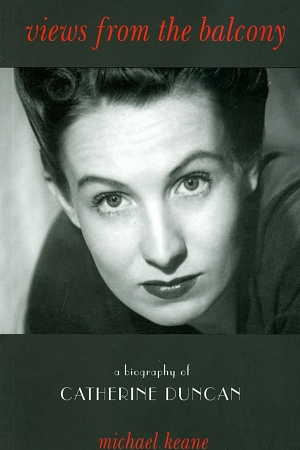On the Misconception of Oedipus
How is it that the sordid ‘familial romance’ of Laius, Jocasta, and Oedipus, or ‘daddy, mommy, and me’, came so completely to define the concept of desire in the modern West? For Deleuze and Guattari, authors of The Anti-Oedipus, that is the true sphinxian riddle at the heart of the Oedipus materials, the myth, and its subsequent interpretations from Sophocles to Freud and beyond. Forty years after the publication of their famous broadside against mainstream Freudian psychoanalysis, and notwithstanding a significant and growing body of sceptical opinion, the Oedipal complex is still widely regarded as humanity’s universal history. In fact, argue Deleuze and Guattari, it is nothing of the sort. Rather, they say, Oedipal desire is an historically contingent, socio-cultural consequence of capitalism. When psychoanalysts, historians, sociologists, anthropologists, ethnologists, and even dramatists reach for an Oedipalised analysis of social relations, they not only violently disfigure our understanding of desire, but also reinforce and normalise the omnivorous progress of capitalism and its patriarchal social forms.
Continue reading for only $10 per month. Subscribe and gain full access to Australian Book Review. Already a subscriber? Sign in. If you need assistance, feel free to contact us.











Leave a comment
If you are an ABR subscriber, you will need to sign in to post a comment.
If you have forgotten your sign in details, or if you receive an error message when trying to submit your comment, please email your comment (and the name of the article to which it relates) to ABR Comments. We will review your comment and, subject to approval, we will post it under your name.
Please note that all comments must be approved by ABR and comply with our Terms & Conditions.